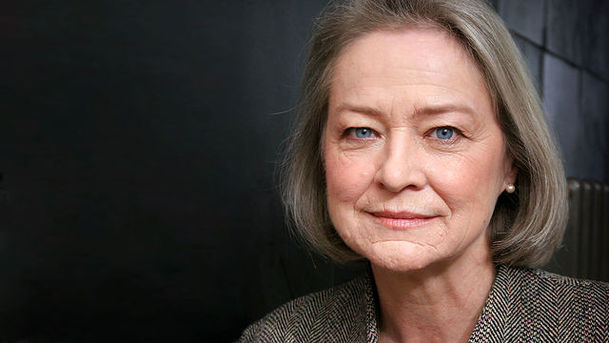From Our Own Correspondent - 22/01/2011

The despair in blue-collar America as it watches the economic rise and rise of China. A city in the Horn of Africa rises from the ruins of war. The story of an extraordinary Englishman who's immersed himself in Afghan tribal life. And a correspondent makes a very important purchase - with a herd of cows - in South Africa. Rarely has America seemed less self-assured than it does right now. Much of the old confidence, the swagger, is no longer there. The wars in Iraq and Afghanistan have been grim. The economy is in serious trouble. Many Americans are struggling to get by in the hardest times they've ever known. Nowhere is all this felt more deeply than in the decaying industrial heartlands of the Midwest. And as Justin Rowlatt has been finding out, many there believe that most of their problems are, quite literally, 'Made in China'. Justin Rowlatt on the slow death of the American way in Ohio. And there's no doubt at all that the situation is extremely difficult. But it's maybe worth remembering that, across the sweep of its history, America has known even darker hours. Think of the Civil War, the Great Depression, Pearl Harbour. But it's almost always been a mistake to bet against the US of A. It has a way of re-inventing itself and rising again. And as Mike Wendling explains, some of that old American spirit is still very much alive and well in the brightest of the country's youth. Way back in 1960, a small nation emerged on the Horn of Africa, and then, after just a few days, disappeared. British colonial rule in Somaliland ended on June the 26th. It was independent for only four days, and then - on July 1st - became part of the much larger state that we now know as Somalia. But for the people of Somaliland this has not been a happy union. They want to break away, and they've declared their semi-desert region on the Gulf of Aden to be independent. The rest of the world refuses to accept this. But as Mary Harper has been finding out, Somalilanders remain determined to go their own way. Now there aren't that many BBC people who've left their mark on the Pashtun homeland, that mountainous, often lawless terrain which straddles the border between Afghanistan and Pakistan. But one who has is John Butt. He's the man who inspired a radio soap opera about life in a Pashtun village. It's a sort of Ambridge of the Hindu Kush and it's been beamed into homes there, via the BBC World Service, every week for 14 years. Butt made this rugged part of the world his home after setting out from England on the hippy trail some four decades ago. Nadene Ghori caught up with him in another part of the sub-continent, the Indian state of Uttar Pradesh. Nadine Ghoury on the remarkable John Butt, who's steeped himself in every aspect of Afghan life. And in a very different setting, halfway around the world, another colleague, Christian Parker, a cameraman, has begun to do something rather similar. In the most personal way possible, he's been immersing himself in the local culture in South Africa.